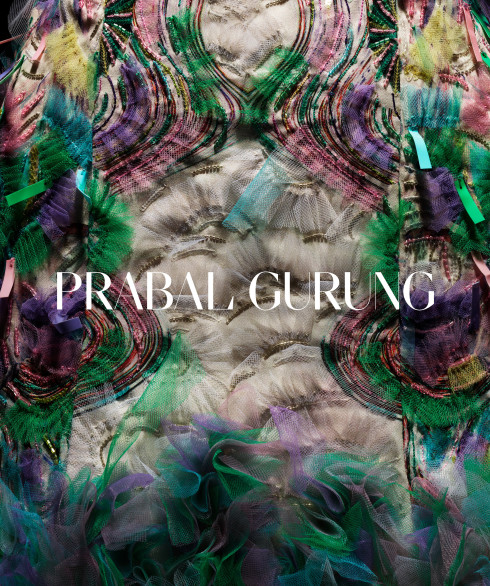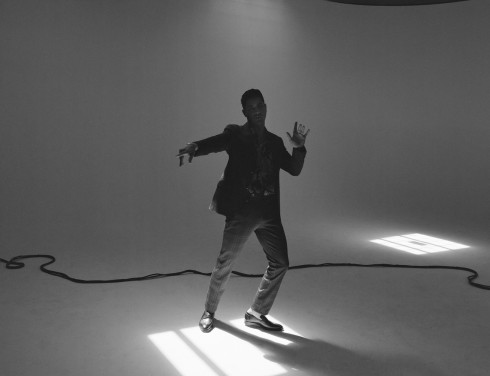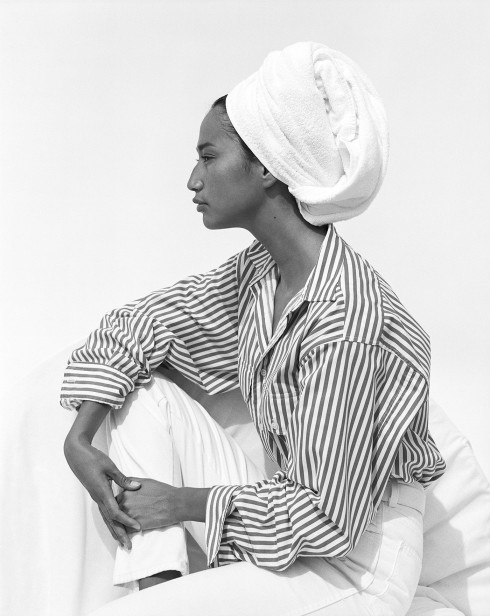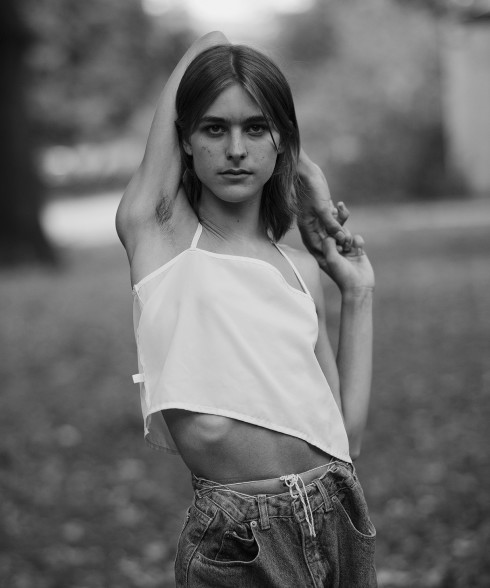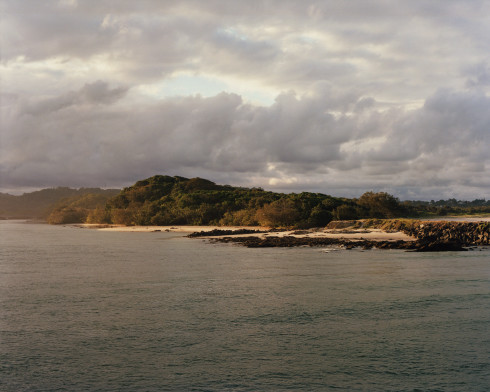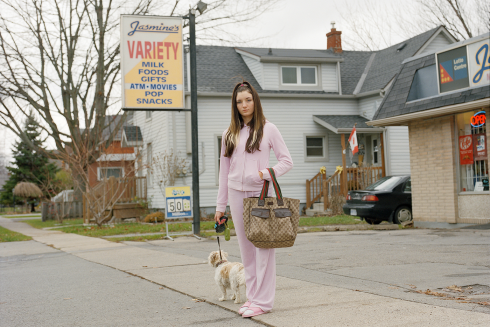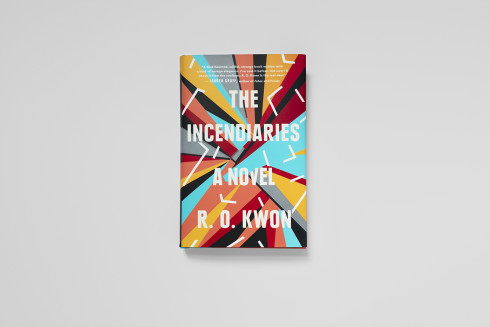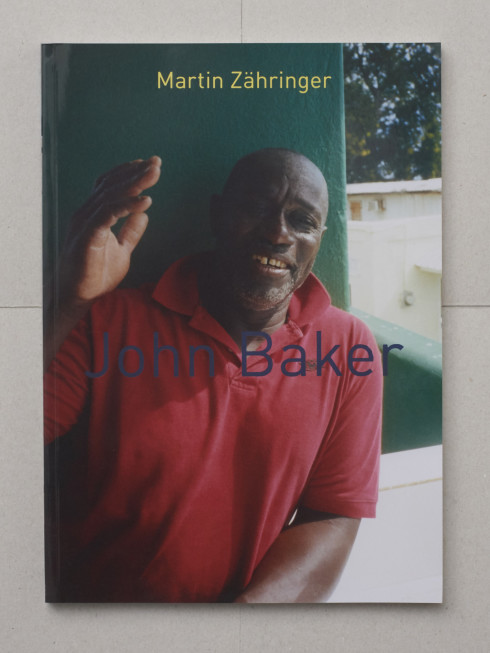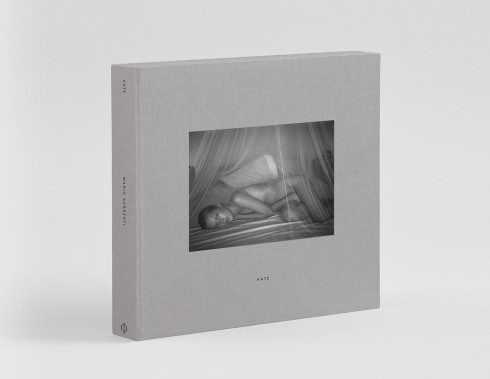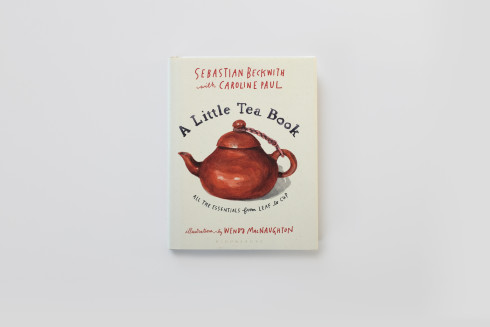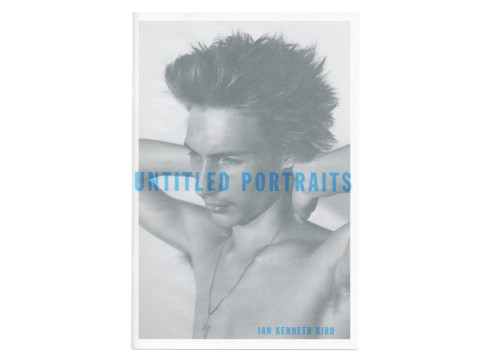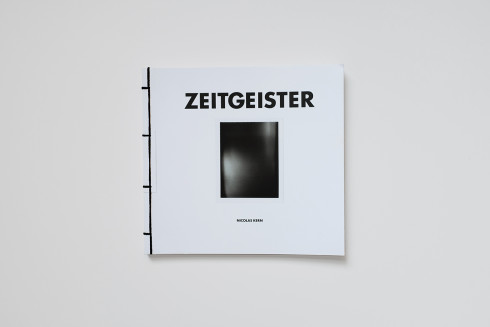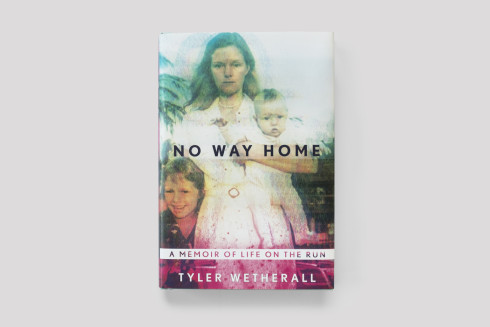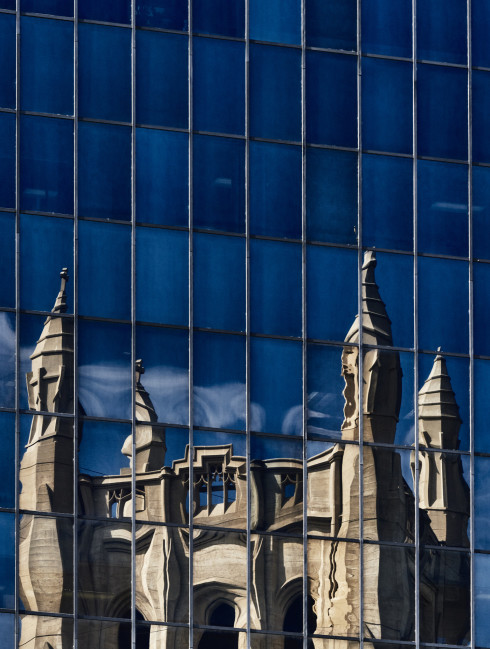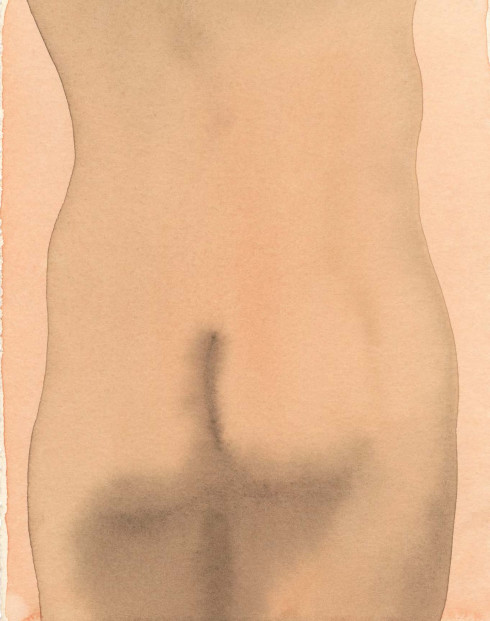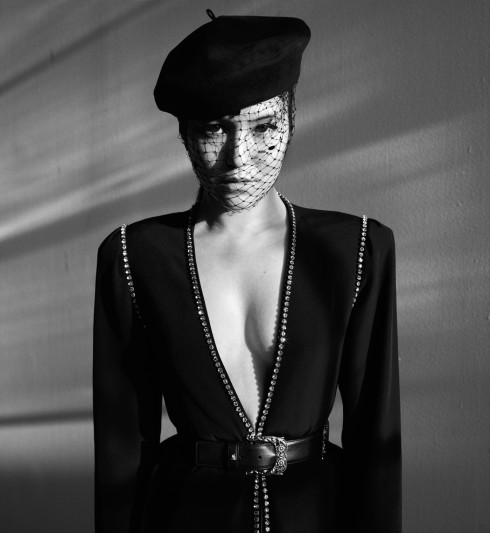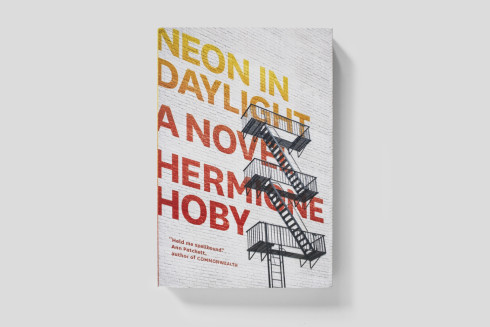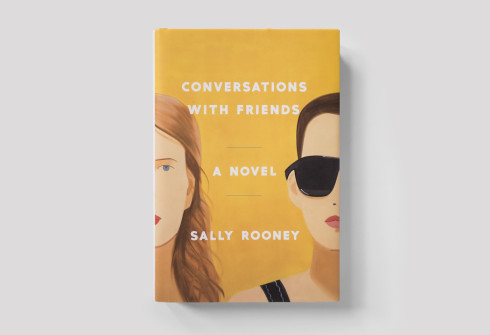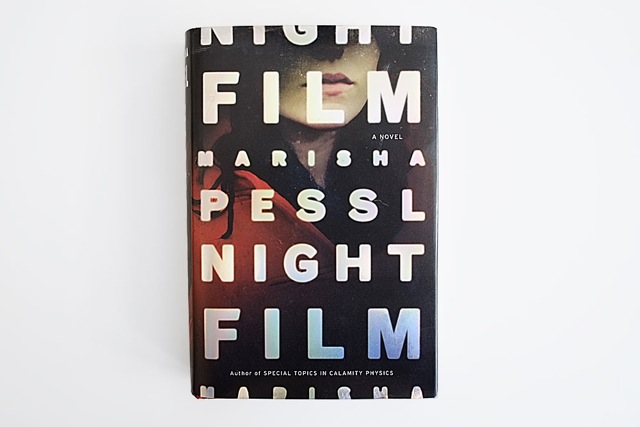
MARISHA PESSL'S 'NIGHT FILM'
In her latest novel, Night Film, Marisha Pessl doesn’t hesitate to lead you into the dark. She thrusts you into it, leading you to Central Park in the dead of night, where our antihero, the disgraced investigative reporter Scott McGrath, is haunted by a young woman in red flitting among the shadows.
A week later, that woman is found dead in a Chinatown elevator shaft.
It’s soon revealed that she was Ashley, the only daughter of the mysterious horror-film director Stanislas Cordova, who had over several decades garnered a cult following for his uncanny ability to capture genuine terror—and induce it. Devoted fans organize clandestine screenings of his banned films in the catacombs of Paris, which are rumored to develop into “orgiastic raves.” To watch his movies is to “leave your old self behind, walk through hell, and be reborn”—or so one self-professed Cordovite says. McGrath’s mission to uncover the connection between sinister father and doomed daughter is personal: his career was ruined while previously investigating the mysterious director, convinced there were more shadowy forces at play. It’s after giving you this glimpse of her world that Pessl dares you to follow her inside.
In a recent interview with New York Magazine, Pessl said, “I see myself as a storyteller, not necessarily a ‘literary’ novelist—I don’t even know what that definition is, and I don’t think anyone does.” The crime-novel tropes that guarantee a gripping read are reliably presented in Night Film: the hardened, Scotch-swilling journalist; the plucky young sidekicks; a mental institute; and of course, a chilling murder—or was it a suicide? But you can’t help but wonder whether Pessl was just being modest; though her sophomore effort is driven by a restless and rapidly unfolding plot, her desire to fuel it with bigger, murkier ideas is clear.
While her sparkling début, Special Topics in Calamity Physics, stayed perkily within college bounds, Night Film explores the dingy and the weird in the back streets of New York’s Chinatown, and then takes a series of sharp turns, ending in a bone-strewn labyrinth of tunnels. As we chase Ashley’s ghost, we’re challenged to take a long, hard look at fear—not only to face it but also to accept it as a necessity. “Mortal fear is as crucial a thing to our lives as love,” says the reclusive Cordova in a rare media appearance. “It cuts to the core of our being and shows us what we are.” What we discover, Pessl suggests, may be more frightening than fear itself, but it’s in defying that fear that we’re forced to grow.
The enigmatic Ashley was “always demanding of herself, Do I dare? Do I dare disturb the universe?” This reference to Prufrock, TS Eliot’s ode to indecision and frustration, perhaps best illustrates Pessl’s attitudes on writing boldly. In daring to transform her crime novel into something much bigger, Pessl puts her own fearlessness and evolution as a writer on display. She chooses to reveal the history of the Cordovas through a series of fabricated web clippings from the New York Times, Time, and Vulture.com (complete with user comments), and she includes copies of McGrath’s own transcripts for us to investigate. Her long-celebrated prose is at once precocious and encyclopedic, referencing Ibsen’s Hedda Gabler in one line and Girl, Interrupted the next. Even the narrative itself has a mad, freewheeling quality; in conversation with CNN, Pessl admitted that, while writing, she was kept awake by the feeling of “not exactly knowing where I was going, only that I was driven to find out what was there at the very end. I wanted to push myself to the end of my writing experience and then see if I could take myself even further.” Her inventiveness can at times be a little overwrought, but it infuses the text with an energy and playfulness too often dismissed by so-called literary novelists—simply put, it keeps it fun.
And shouldn’t that be central to a novel, literary or not? Despite its heavy trappings, this is a light-footed, brainy page-turner in the very best sense. As with Cordova’s night films, the only way to experience it is to immerse yourself entirely, which is easy, once you give yourself to Pessl’s propulsive narration and richly imagined world.
Do I dare? Ashley said “it was the only way to live.”
Night Film is out now from Random House.
Yasmin Tayag is an editor and writer based in New York. She is occasionally a video host for Scientific American.
